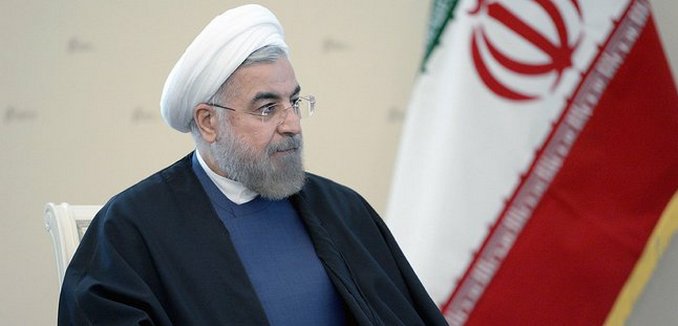An analysis written by Benjamin Weinthal that was published yesterday in The Jerusalem Post asked whether a regime which hasn’t kept its promises on human rights “can guarantee a nuclear agreement free from weapons development.”
The spur for Weinthal’s analysis was a letter released last week about an Iranian prisoner of conscience.
On Thursday, Amnesty International, invoking the award to Yousafzai, posted an appeal from 28 winners of the Nobel Physics Prize to Iran’s supreme leader demanding the release of “prisoner of conscience Omid Kokabee.”
Kokabee is serving a ten-year sentence for refusing to work on Iran’s illicit nuclear program. Amnesty wrote he “has been imprisoned solely due to his refusal to engage in military research for the Islamic Republic of Iran and as a result of spurious charges related to his legitimate scholarly ties with academic institutions outside of Iran.”
In September, the sister of an Iranian nuclear scientist charged that her brother was killed by the Islamic Revolutionary Guard Corps (IRGC) for refusing to aid Iran’s nuclear program.
Iran’s poor human rights records has recently come under increased scrutiny with the arrest of British-Iranian women’s rights activist Ghoncheh Ghavami. The lack of promised improvement in human rights in Iran under President Hassan Rouhani prompted Canadian human rights expert, Irwin Cotler, to conclude that Rouhani “has presided over a regime that continues to engage in massive repression.”
[Photo: The Presidential Press and Information Office / WikiCommons ]




